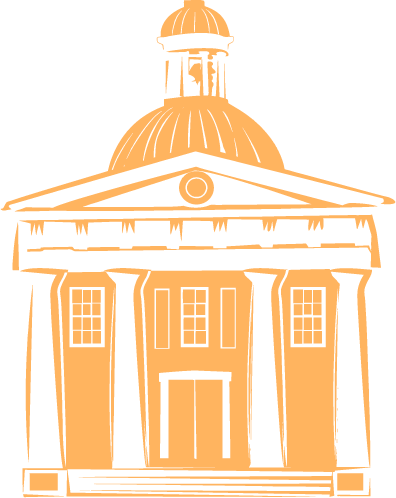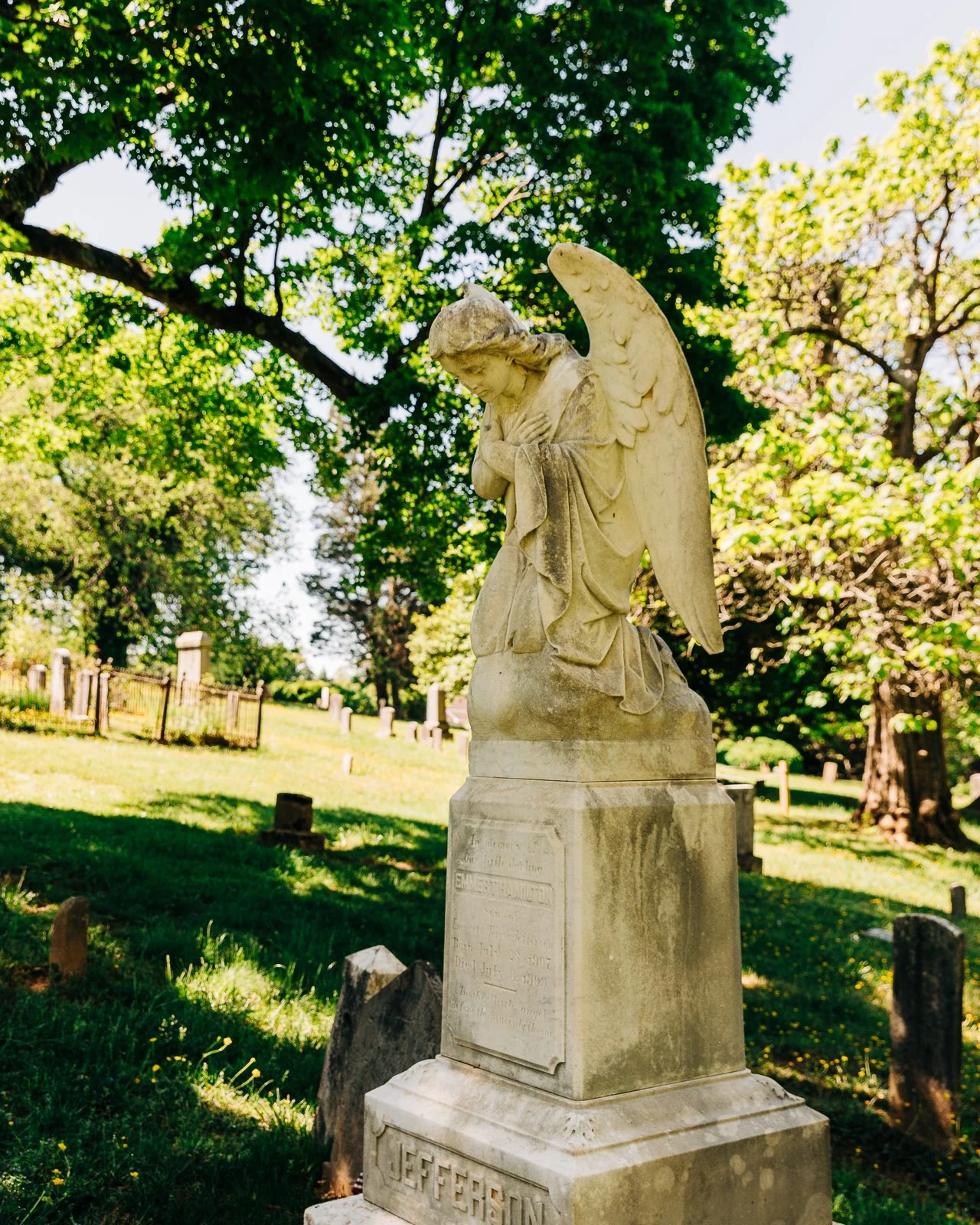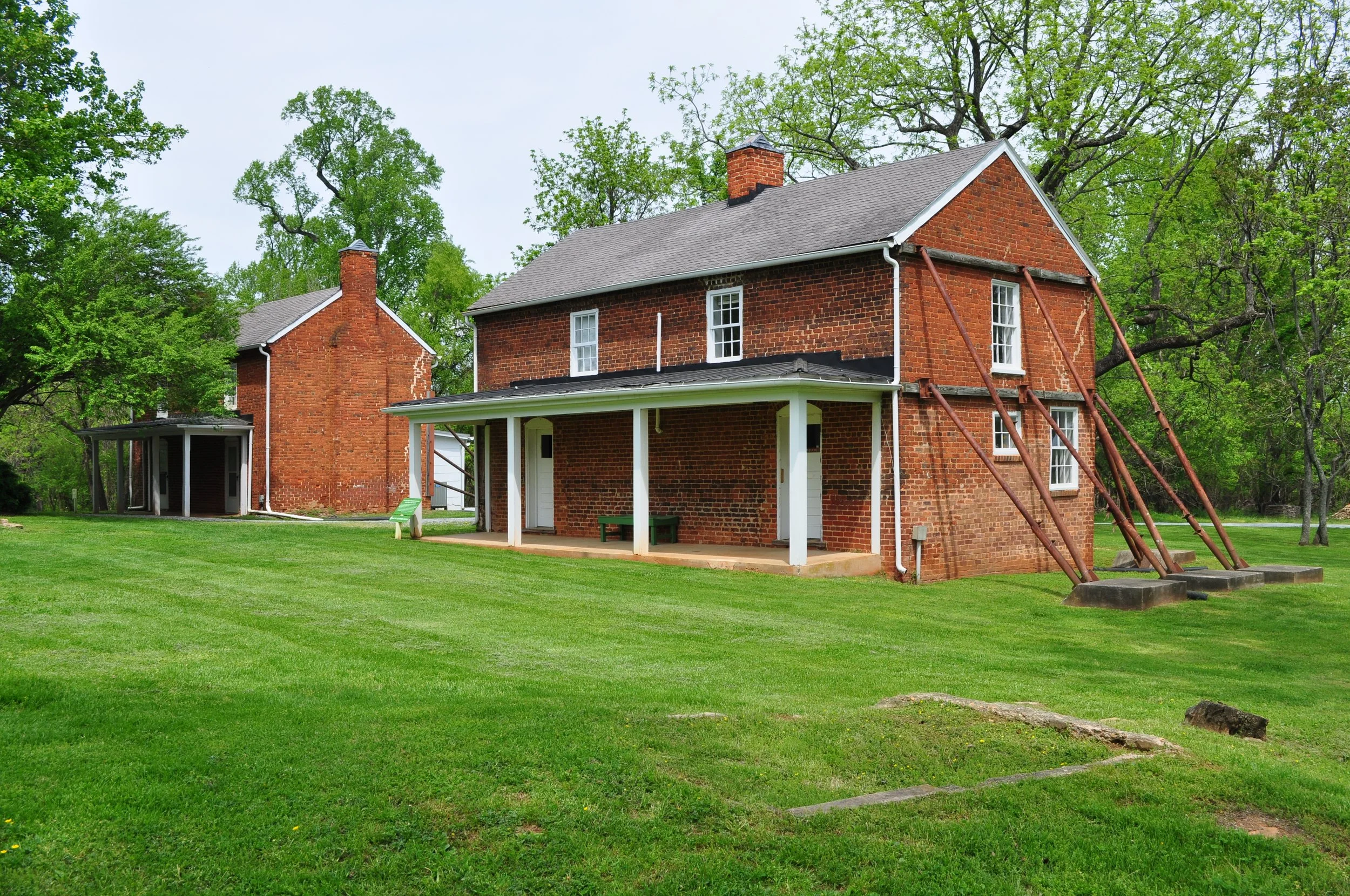LYH Welcomes You!
Lynchburg is a place with a rich and fascinating Black history spread over three centuries. The city’s name comes from its founder John Lynch, a Quaker abolitionist and businessman who established a ferry across the James River in 1757. Before Emancipation in 1865 thousands of enslaved laborers brought great wealth and fame to Lynchburg through its tobacco manufacturing industry. The city was also home to a significant free Black community before the Civil War, many of whom were highly skilled tradespeople. Half of the city’s population was African American until 1900, when the Great Migration and shifting tobacco industry caused many to leave Central Virginia.
Between 1880 and 1920 the Hill City was the largest hub of African American life and culture in Virginia west of Richmond. Local Black leaders used the strength of their community to elect two men to City Council in 1885, bargain for better wages through organized labor, open a public high school, bring two colleges to Lynchburg, establish the statewide Virginia Teachers Association, and build a 2,500-person-capacity church.
Like most small cities in the south, Lynchburg resisted social change and racial integration in the 1950’s and 60’s. Change came slowly to the Hill City—and only because of courage and determination of local leaders, citizens, and college students. The Civil Rights Movement in Lynchburg unofficially ended in 1970, when the city’s last segregated high school classes graduated and C. W. Seay became the first man of color elected to City Council since the 1880’s.
Interest in documenting and preserving local Black history has never been stronger, and you’ll find related landmarks, historic sites, and monuments throughout the city.
Cover Image: “Lord, Plant My Feet on Higher Ground” by Ann van de Graaf, 1993
Courtesy of the Legacy Museum of African American History
Start your visit at the
Lynchburg Museum & Visitor Services
901 Court Street, Lynchburg, VA 24504
LynchburgMuseum.org | LynchburgVirginia.org
(800) 732–5821














